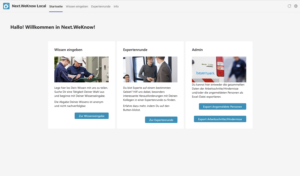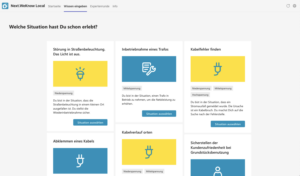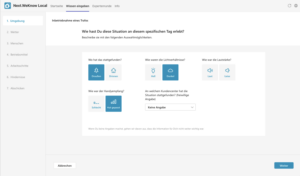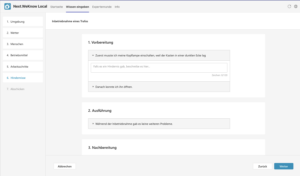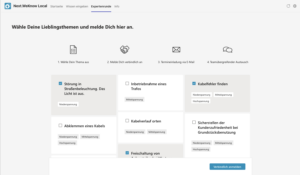From one generation to the next
Preserve experience
How do I pass on knowledge from one generation to another? One of our clients approached us with a problem that is likely to become relevant for other companies in the near future: Many employees in the craftsman field service will be retiring in the next few years. In the course of their working lives, they have faced different, highly individual challenges, which they have solved according to the situation. This tacit knowledge is not necessarily part of the training content and is rarely documented. It is therefore difficult to pass on to the new generation of service engineers.
Step by step
Capture knowledge digitally
To counteract this effect, we have developed an application that enables service engineers to digitally record this tacit knowledge. They are given step-by-step guidance to reflect their individual solution path for a situation they have experienced in their everyday work. First, they describe the situation in a structured way with all its parameters – for example, weather conditions, people present or lighting conditions. Then they freely describe concrete problems encountered and how to solve them.
The data records entered can be evaluated and classified by experts and exported and evaluated by the knowledge management team. The data is stored completely anonymously in order to comply with the client’s strict data protection guidelines.
Low-threshold input in familiar environment
Implementation as MS Teams app
The application was developed as an app for Microsoft Teams. Since the service engineers primarily communicate via this, their access to knowledge input is very low threshold. The application can be easily downloaded from their corporate Teams app store and used immediately.
For MaibornWolff, this was the first development of a Teams app. The basic infrastructure includes well-known and proven technologies such as React, NestJS and hosting on Azure. A bigger challenge was the use of the right component library. This is because, unlike other Microsoft applications, Teams does not use the widely used and well-documented FluentUI, but rather the experimental variant react-northstar. Another difficult issue was end-to-end testing.
Teams requires logging in with a multi-factor secured Office account, which must also be used for end-to-end testing. We have automated the correspondingly more complex login process using Playwright. Furthermore, authorizations had to be requested in several places in the client’s Office system in order to roll out the application and make it available to the right users.
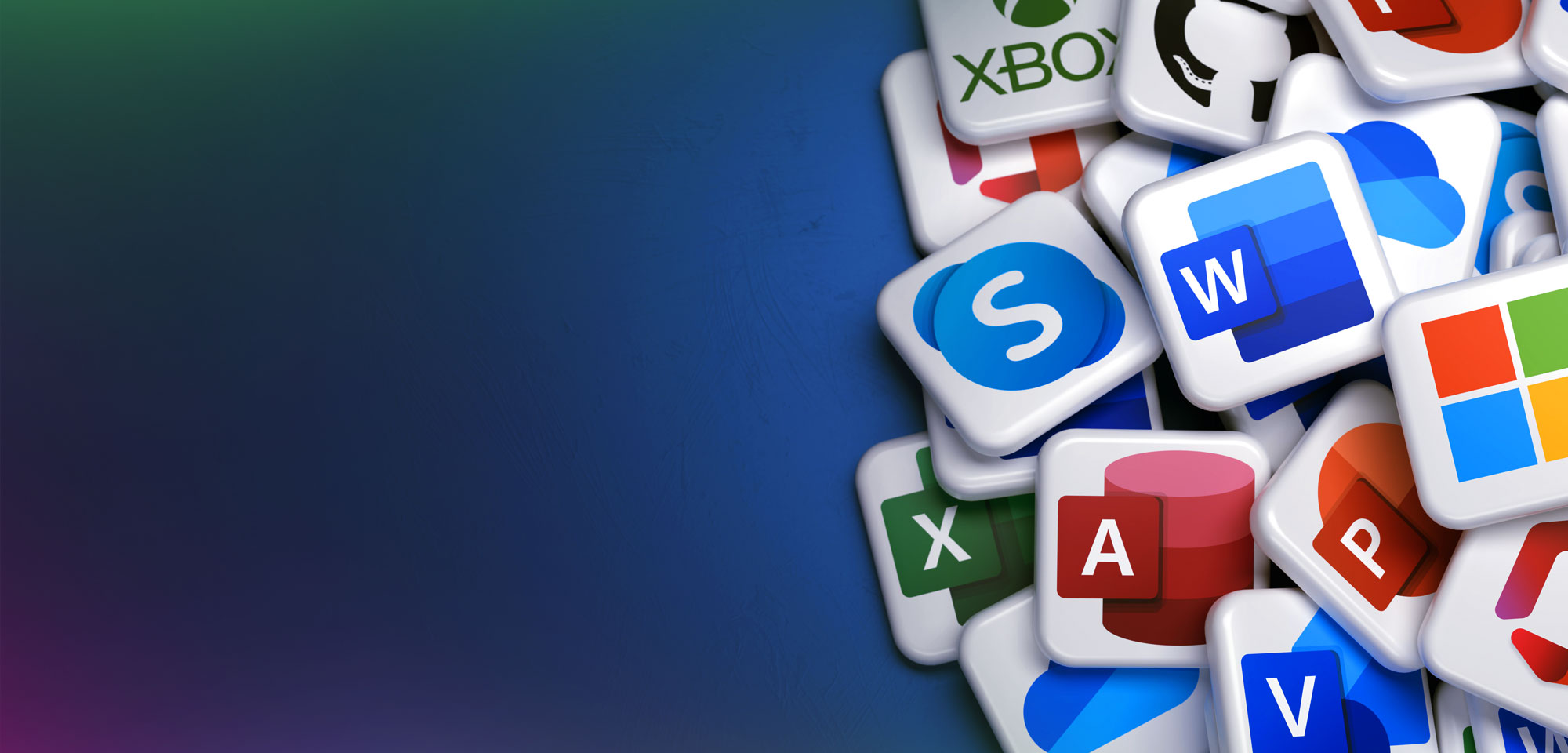
Successful pioneering role
Close exchange with Microsoft
Although Teams is being used extensively by many companies in the era of corona, there are almost no home-grown Teams applications. As a result, we had few references from which to search for solutions to our problems. Due to this pioneering role and our partnership with Microsoft, we were in close contact with the Microsoft employees responsible. This enabled us to clear up many ambiguities and thus deliver a high-quality product. We were also able to provide valuable feedback to Microsoft to help pave the way for future Teams applications.
Mehr erfahren

